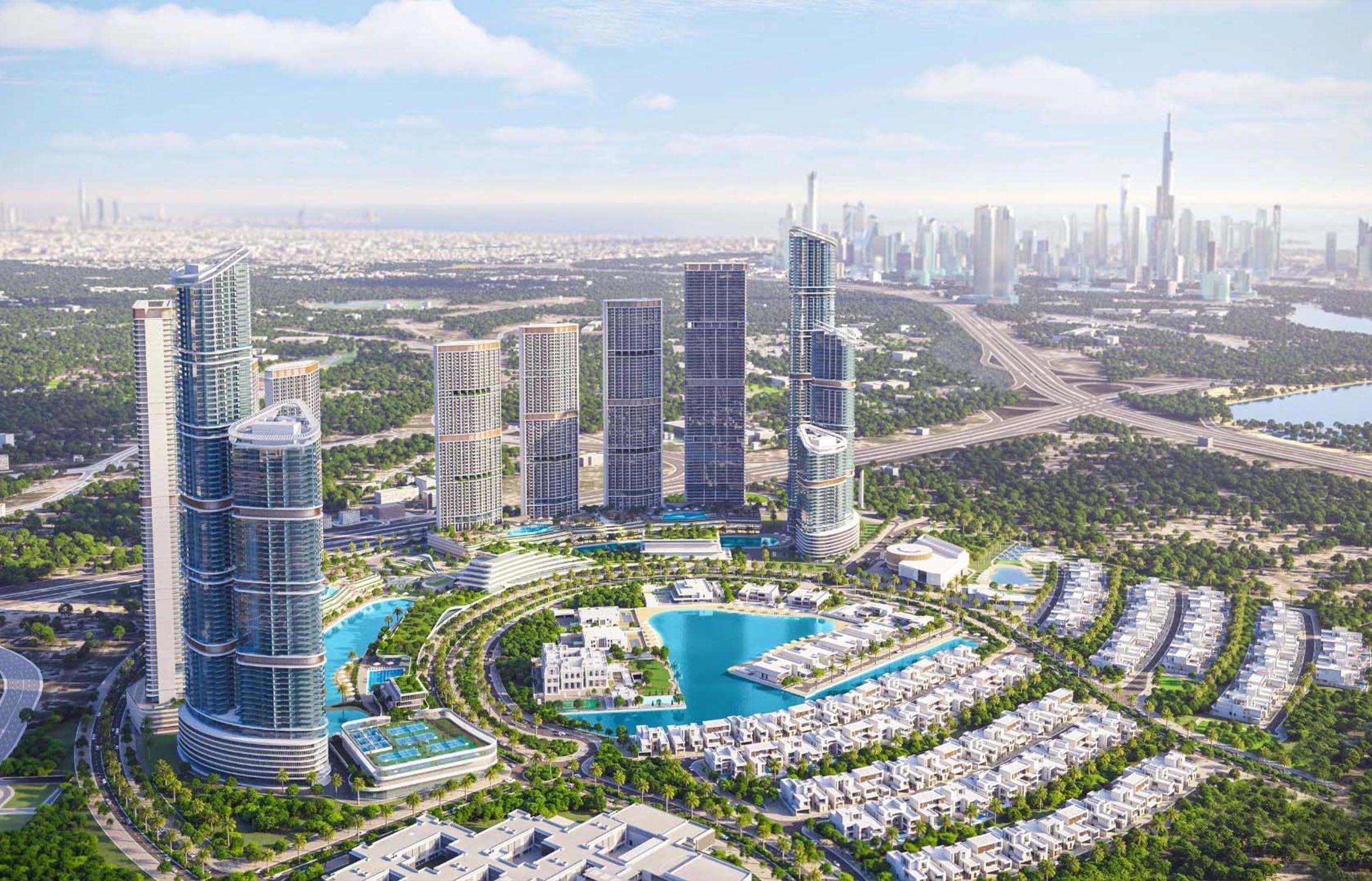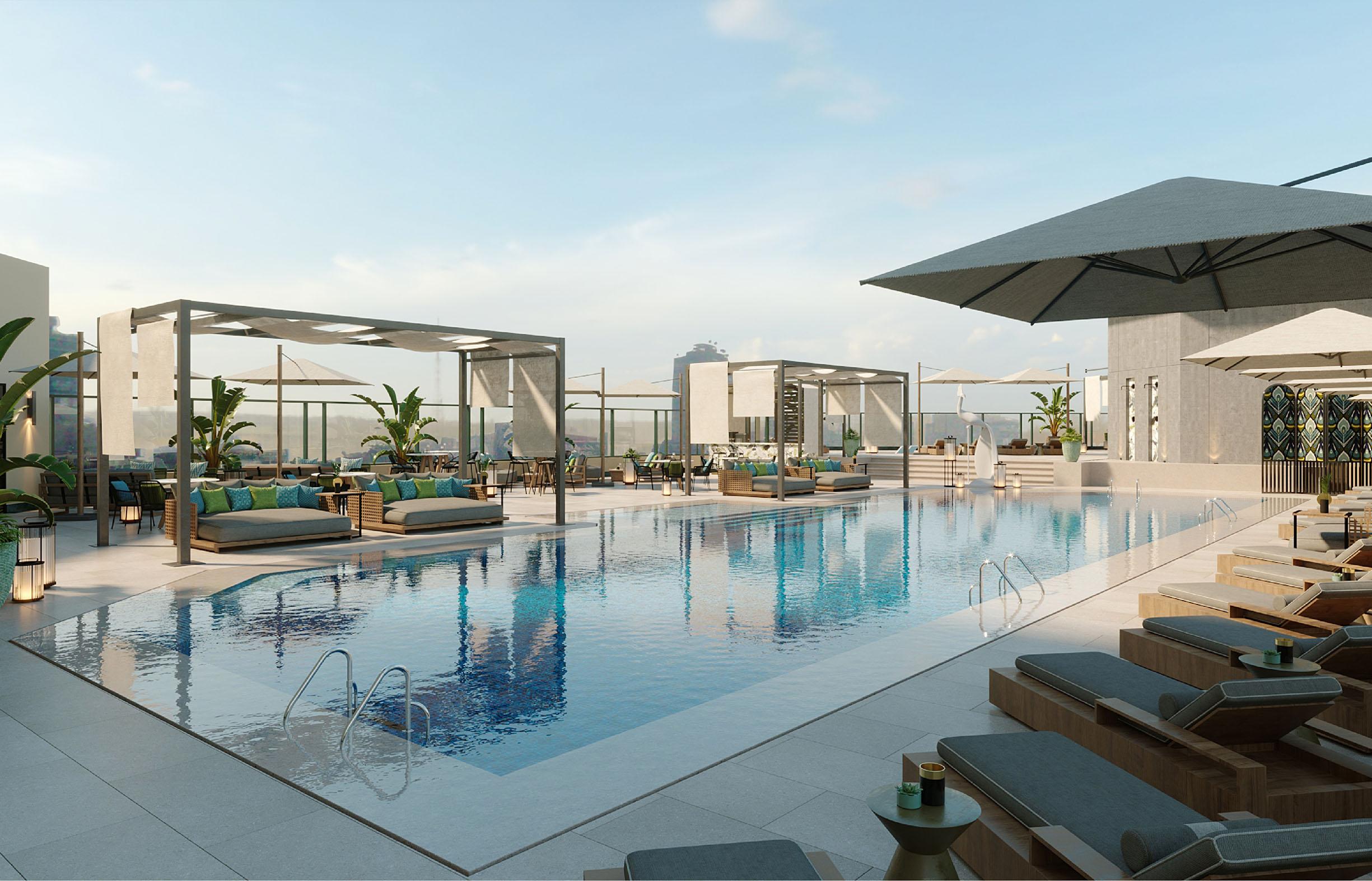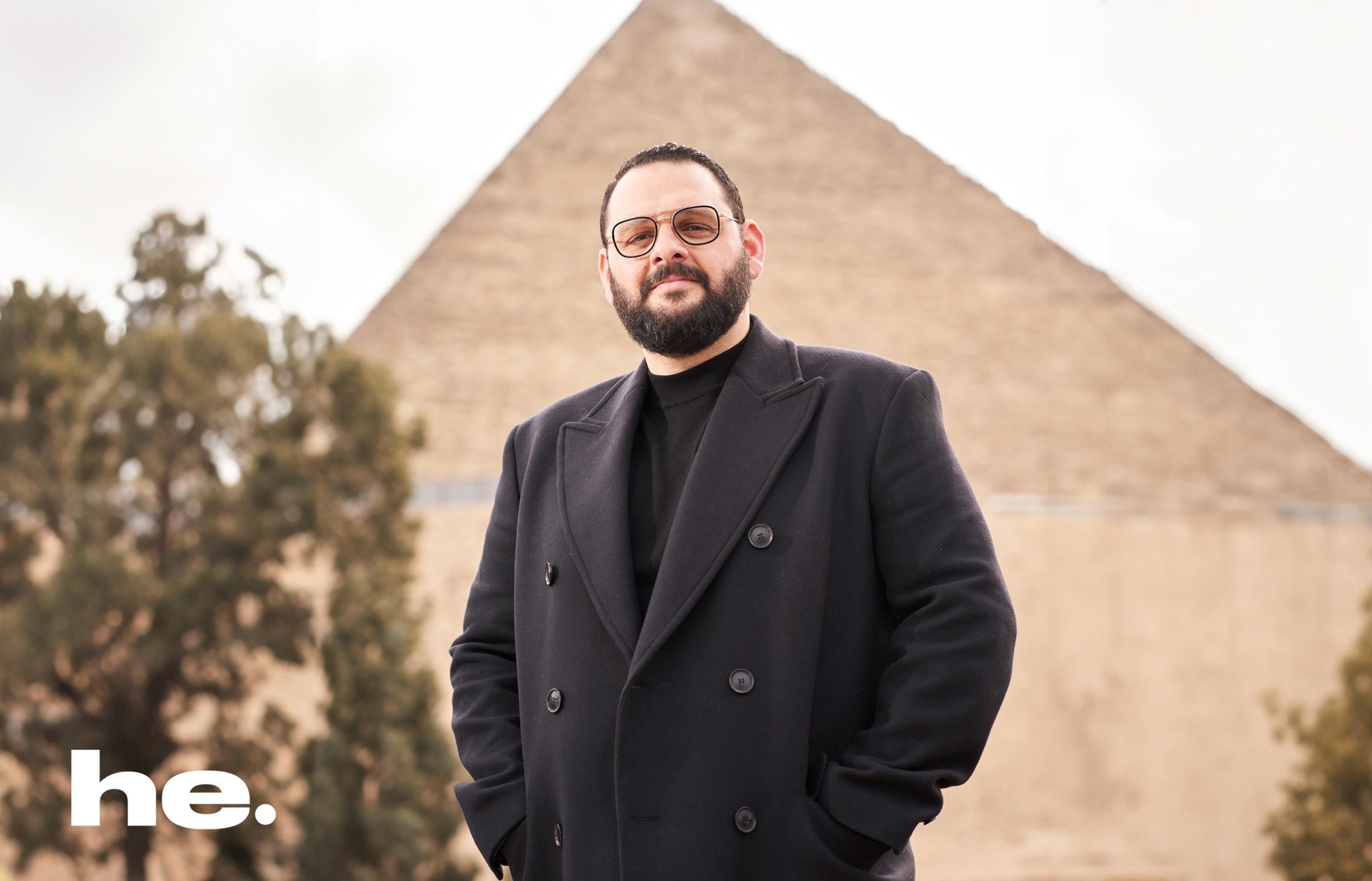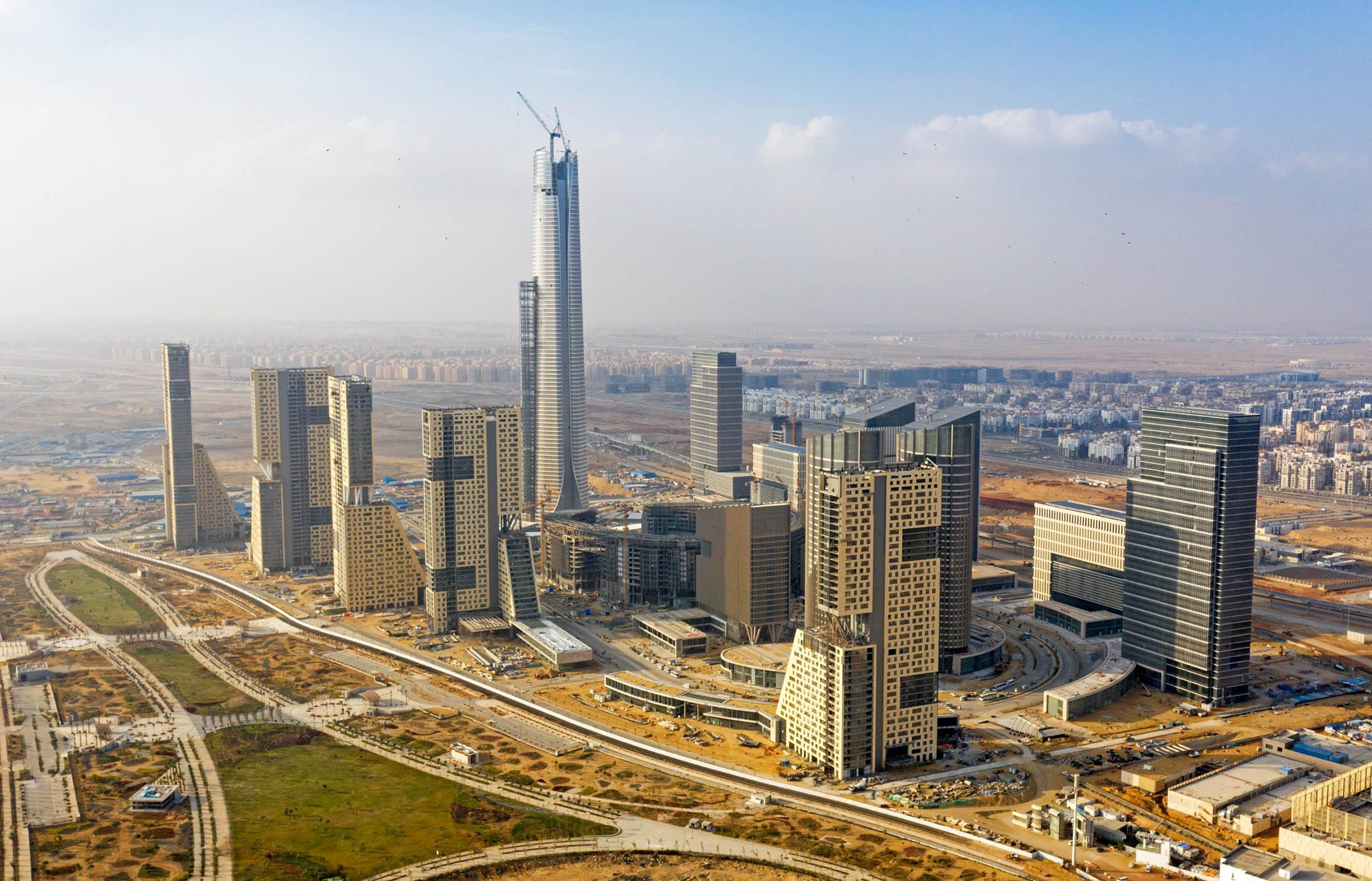
Written by: Mahmoud Demerdash
Date: 2024-03-05
Exploring the nuances, opportunities, benefits, and considerations for foreigners investing in Egyptian real estate unveils a dynamic landscape promising potential rewards and unique challenges.
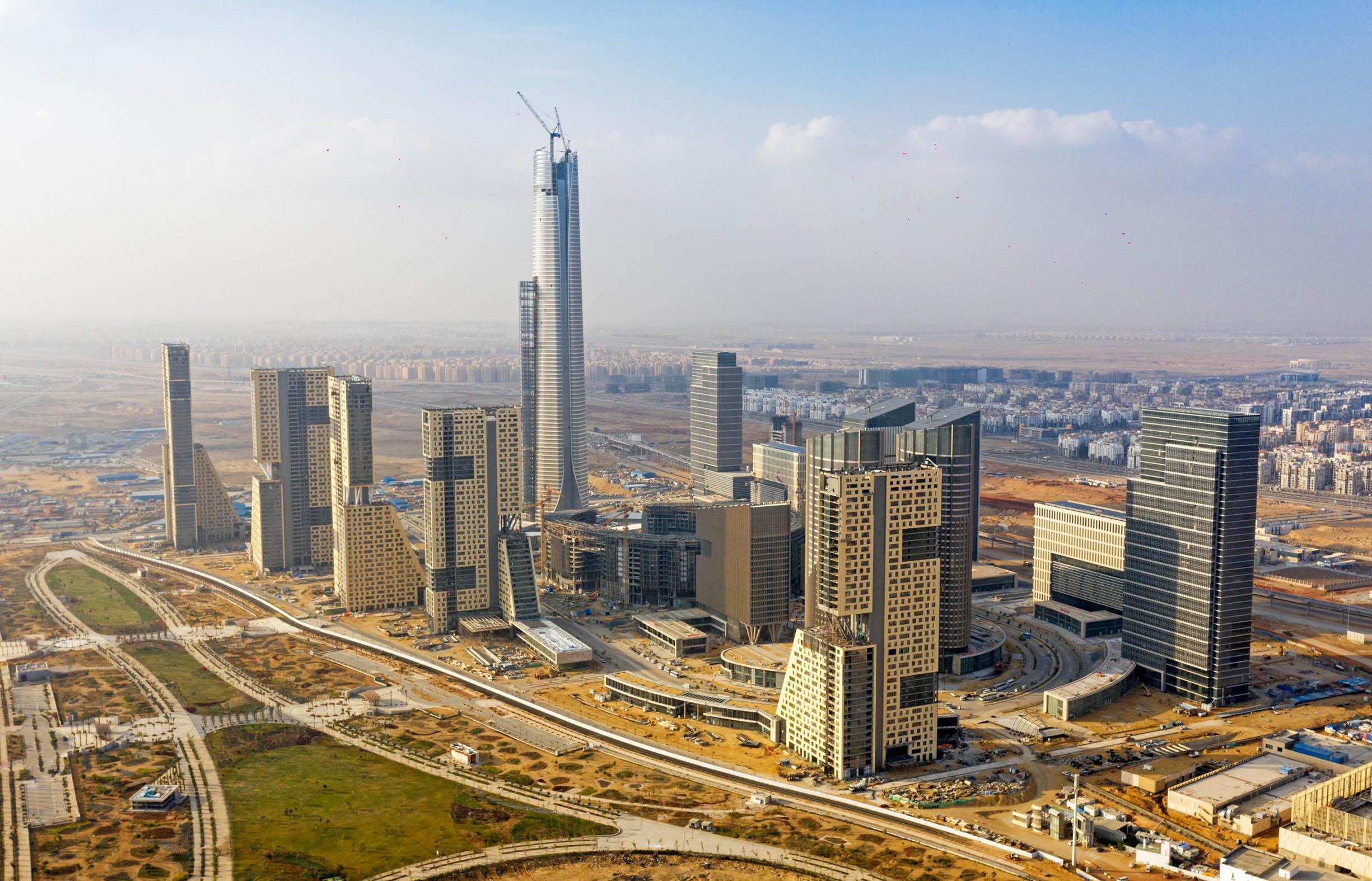
As a nation in development, Egypt has emerged as an alluring destination for individuals seeking to invest in real estate beyond their borders. With its diverse offerings, from bustling urban hubs to serene coastal retreats, Egypt has increasingly captured the attention of international buyers drawn to the prospect of owning property in this economically scaling nation.
The country is an alluring prospect for investors for many reasons. Firstly, Egypt's property market often presents attractive prices compared to other international destinations. This affordability provides an enticing entry point for investors looking to capitalize on emerging markets. Additionally, certain areas, especially popular tourist destinations like Cairo, Alexandria, and the Red Sea coast, offer high rental yields. With a thriving tourism industry, rental properties can yield significant returns on investment, offering individuals the opportunity to establish lucrative ventures such as Airbnb properties. Beyond financial incentives, Egypt's government has been fostering a welcoming environment for foreign investment in real estate, with initiatives aimed at simplifying processes and offering incentives such as tax breaks to encourage international buyers.
Foreign investment in Egyptian real estate doesn't merely benefit investors; it plays a pivotal role in the country's economic growth. The influx of foreign funds into the property market stimulates construction activities, enhances infrastructural development, and generates employment opportunities. Notably, the diversification of revenue streams from foreign investors bolsters Egypt's economy, ultimately positioning the nation as an attractive destination for further foreign investment across various sectors beyond real estate.
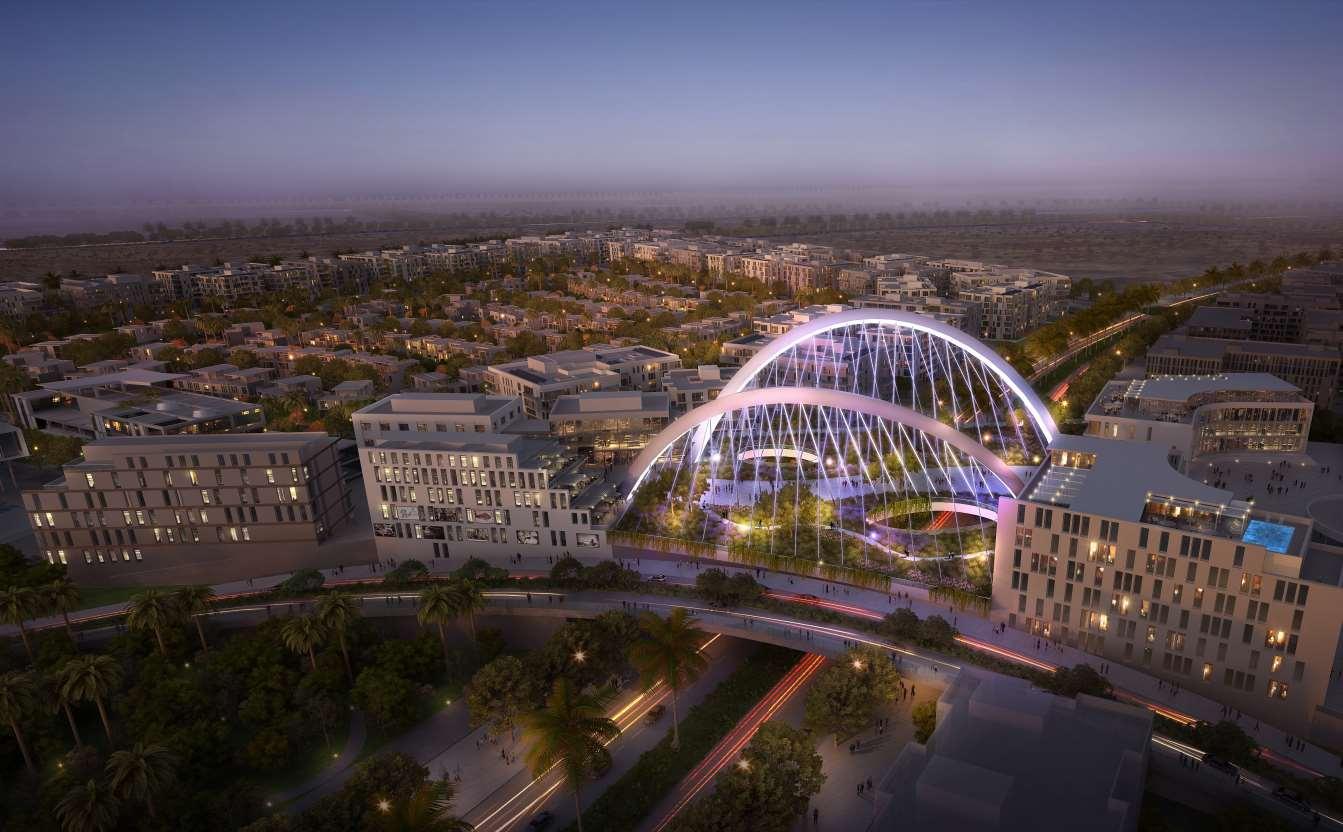
Egypt is experiencing a significant surge in infrastructure development, positioning itself as an attractive prospect for property investors. The government's commitment to new urban developments is reshaping the landscape of various regions. New urban cities such as Galala City, Mostakbal City, New Alamein City, New Ismailia City, New Damietta City, and New Mansoura City have grown over the last few years. The construction of these new urban centers responds to the needs of a burgeoning population, exceptionally accommodating the surging numbers of millennials and Gen Z entering the workforce. As these younger demographics seek housing and work opportunities, these communities offer additional living spaces and employment prospects.
Beyond merely addressing housing demands, these developments serve a pivotal role in dispersing Egypt's population beyond the confines of existing urban centers. This decentralization aims to alleviate congestion in major cities, easing traffic burdens while fostering economic activity across a broader geographic expanse, ultimately contributing to a more dynamic and robust national economy. These urban centers are envisioned as not just concrete jungles but as holistic communities fostering social cohesion and improved quality of life. They offer diverse housing options, educational institutions, healthcare facilities, recreational areas, and cultural spaces.
By decentralizing population concentration from established cities, they alleviate strain on existing infrastructure and public services while providing modern amenities and a better standard of living for residents.
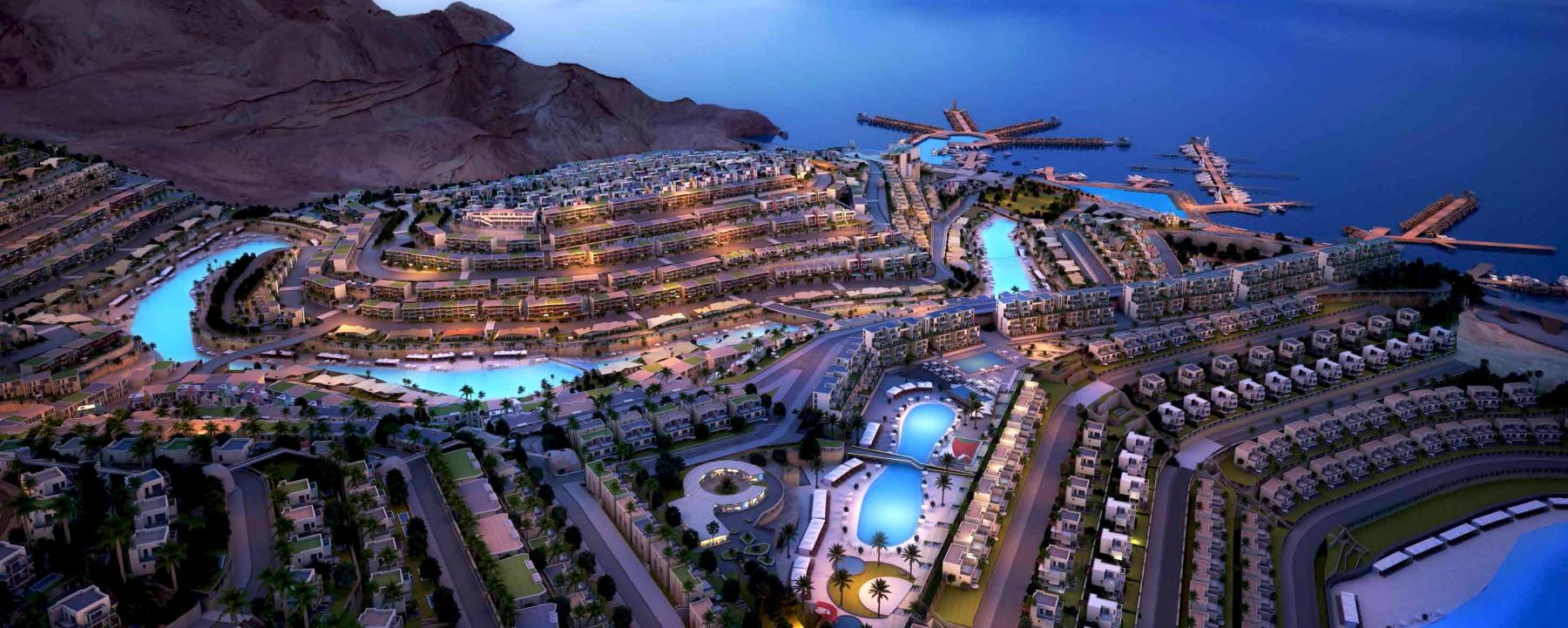
The emphasis on creating holistic homes within these urban centers starkly contrasts the often monotonous or uninspiring urban landscapes found in other countries. This intentional focus on a more comprehensive living experience adds a compelling allure for foreign homebuyers seeking an enhanced quality of life. Spanning across various regions of Egypt and bordering established cities, each new urban center boasts its distinct identity and character. This diversity offers prospective real estate investors diverse options, presenting a broad spectrum of choices catering to varied preferences and lifestyles. These centers are designed for local residents and serve as magnets for foreign investment, skilled professionals, and international businesses seeking strategic locations for regional headquarters or operations. Their strategic positioning and robust infrastructure contribute to Egypt's attractiveness on the global investment map, fostering partnerships and collaborations that drive sustainable development and economic resilience.
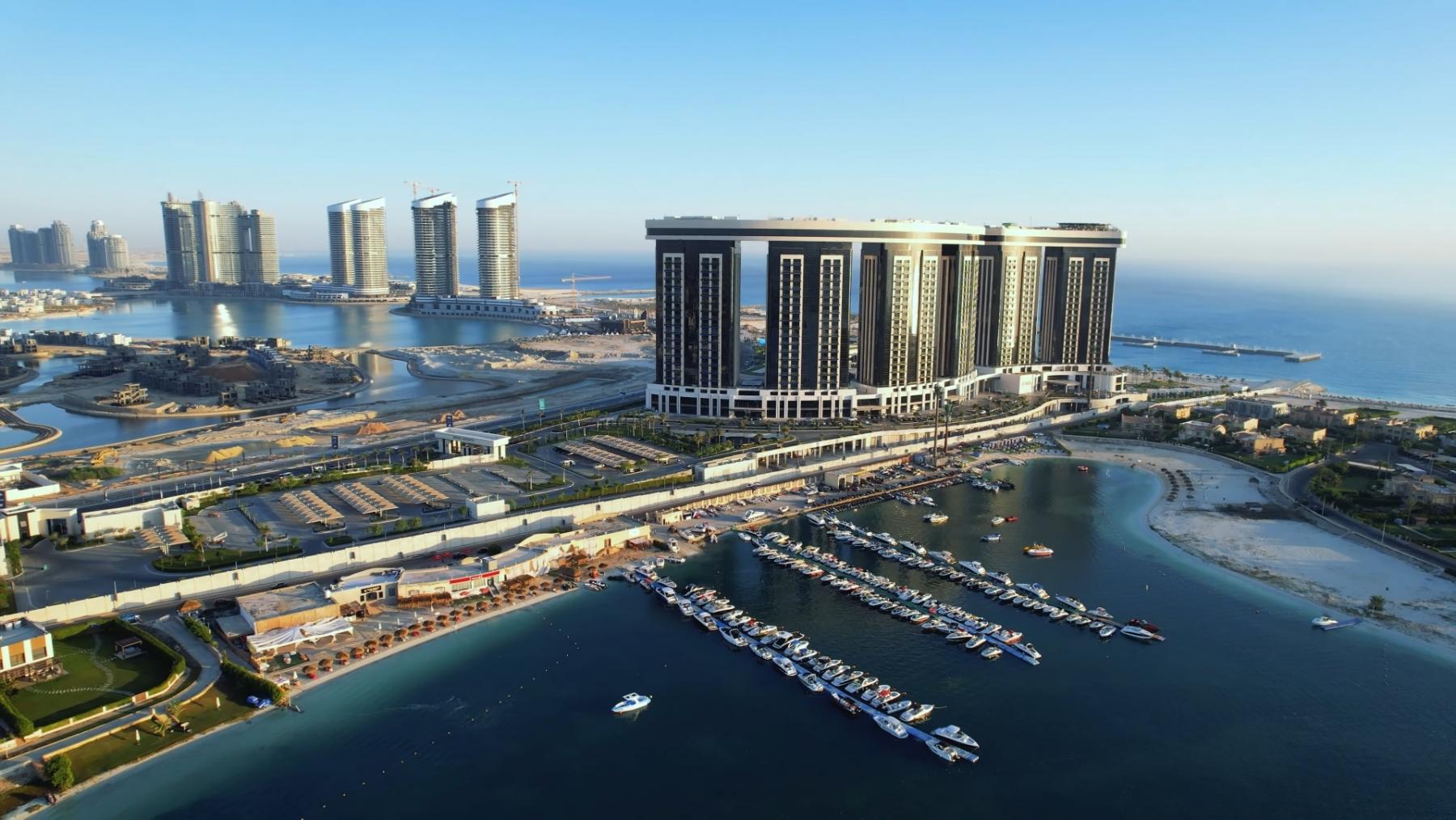
Amongst all these new urban centers, the New Administrative Capital (NAC) shines as the crown jewel. Situated east of Cairo, this mega-project is designed to alleviate the burden on Cairo's infrastructure and create a purpose-built city that addresses the growing needs of governance, commerce, and residential living. The NAC is not merely an expansion but a holistic reimagining of administrative functions, incorporating government complexes, financial districts, residential neighborhoods, cultural landmarks, and recreational spaces across its expansive layout. Its meticulous planning emphasizes Smart city technologies, eco-friendly initiatives, and advanced infrastructure, aiming to set new standards for urban development in Egypt and the broader region. With its strategic location and meticulous design, the NAC aims to attract both local and foreign investment. It serves as a catalyst for economic growth, offering opportunities for businesses, entrepreneurs, and investors seeking a dynamic and well-equipped environment. Furthermore, the NAC's comprehensive approach to urban planning prioritizes sustainability, incorporating green spaces, efficient transportation networks, and innovative utilities, ensuring residents' high quality of life. As a designated hub for government institutions and businesses, the NAC offers advanced amenities, well-planned neighborhoods, and promising job prospects, appealing to professionals and families seeking a balanced lifestyle. Its strategic positioning, efficient transportation links, and the government's commitment to sustained development amplify its attractiveness, promising a contemporary living environment and long-term investment potential, making it a prime destination for those seeking stability, growth, and a high-quality urban lifestyle in Egypt.
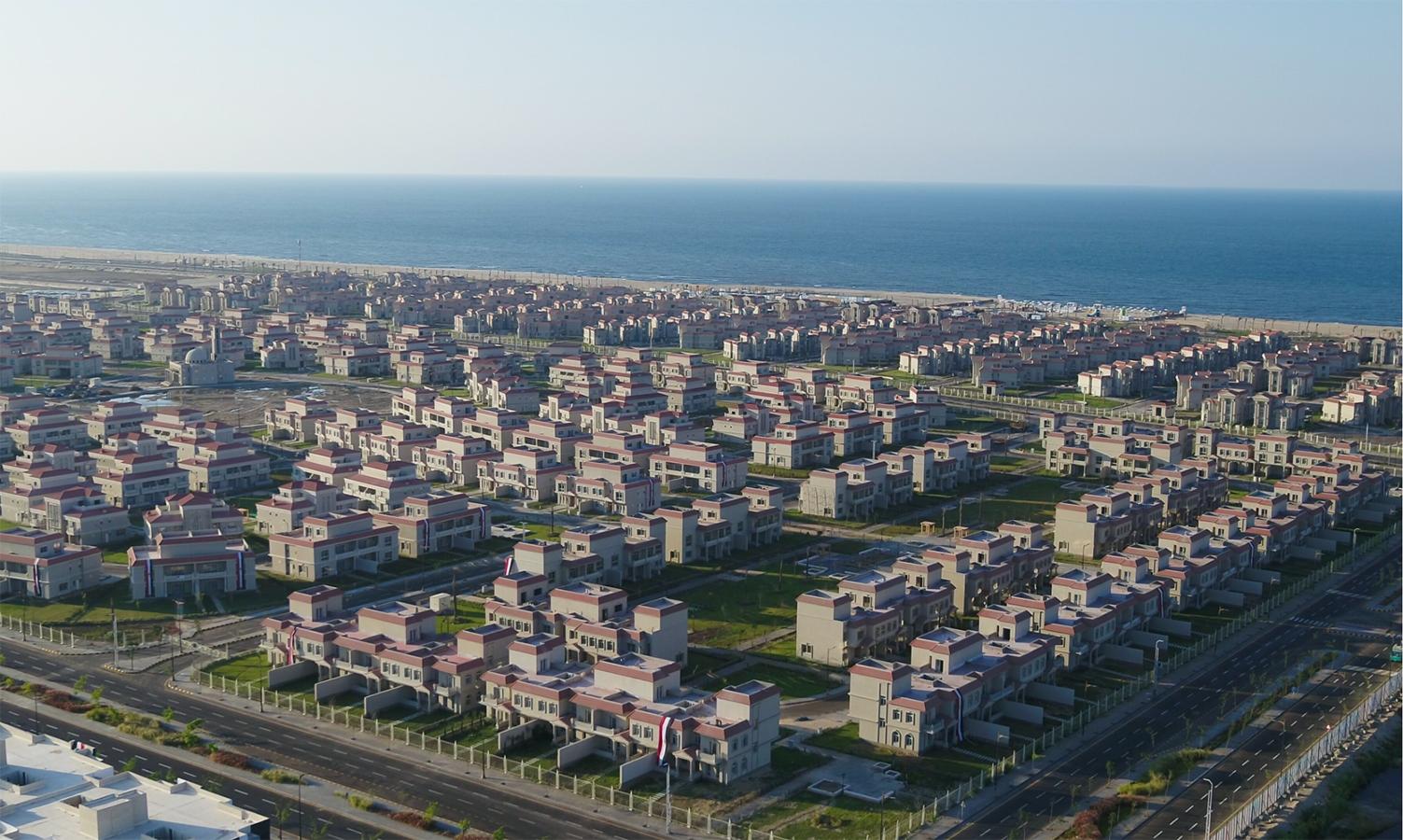
Egypt's cultural allure transcends real estate prices, captivating foreigners with its rich history, diverse heritage, and vibrant tapestry of experiences. The country is a living museum, boasting iconic landmarks like the Pyramids of Giza, the Sphinx, and Luxor's ancient temples, drawing in history enthusiasts and adventurers alike. Beyond these treasures, Egypt's cultural vibrancy emanates from its bustling markets, flavorful cuisine, traditional music, and warm hospitality. The Nile River, a lifeline of ancient civilizations, weaves through Egypt, offering picturesque landscapes and opportunities for exploration. Its strategic location as a bridge between Africa, the Middle East, and Europe has infused Egypt with a multifaceted identity, creating a melting pot of cultures and traditions that entice foreigners to not just invest in homes but also immerse themselves in a captivating way of life.
Urban life in Egypt presents a unique contrast, offering a relaxed ambiance far removed from many typical stresses found abroad. The serene café culture, brimming with a profoundly social atmosphere, appeals to those seeking genuine personal connections in contrast to the digital interactions prevalent in today's world. This vibrant social scene provides a refreshing way to engage with others, fostering meaningful relationships beyond the confines of online connectivity. Moreover, Egypt's strategic location close to various other cities makes travel remarkably affordable, whether it's tapping into Saudi Arabia's burgeoning development or exploring the Mediterranean charm of neighboring countries like Greece and Italy. This accessibility to diverse destinations further enhances the allure of owning a home in Egypt, promising not just a tranquil urban lifestyle but also convenient gateways to exciting adventures and experiences.
